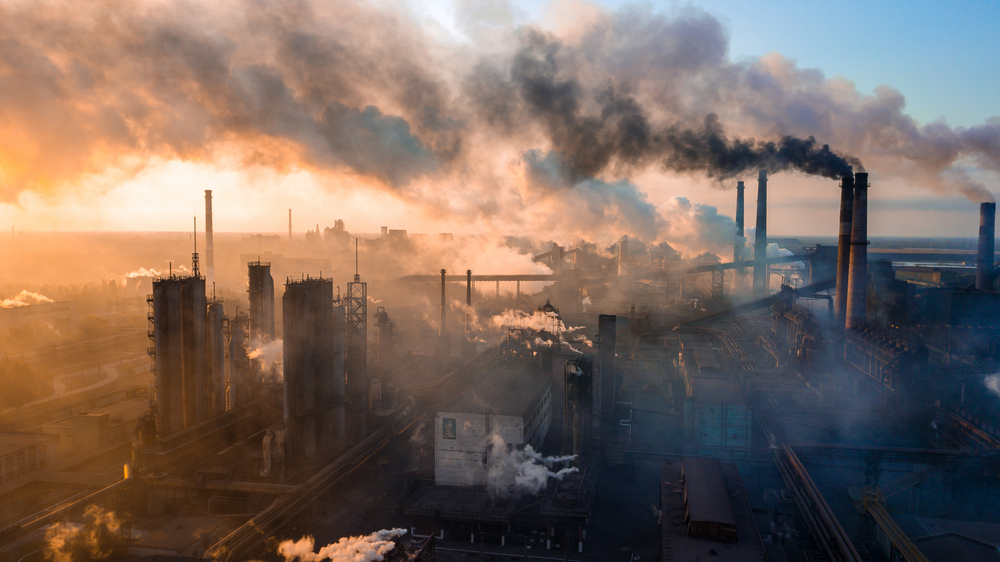Rosenbauer Brandschutz Deutschland wins huge incineration plant contract
- June 20, 2022
- 5:20 am


Iain Hoey
Share this content
Rosenbauer has been commissioned to plan and build stationary fire protection systems for the Wiesbaden waste incineration plant, which is currently under construction, marking its largest order in history
The order covers all extinguishing equipment in the reception area with a large waste bunker in which up to 7,500 m3 of waste can be temporarily stored. Eleven deluge and four turret extinguishing systems will be installed, among others. Rosenbauer said that the latter was also decisive in winning the contract because Rosenbauer is the technological leader in this field.
The new waste incineration plant, which will go into operation in 2024, is being built to efficiently incinerate waste collected in the Wiesbaden region – while maintaining the best possible environmental and energy balance.
Around 200,000 tons of municipal and commercial waste per year can be utilized thermally with the plant, and around 100,000 MWh of district heating and around 150,000 MWh of electricity can be generated from this via a combined heat and power system to supply Wiesbaden’s households and to operate the power plant.
As a sustainable alternative to burning fossil fuels, it is hoped that the waste incineration plant will make an important contribution to CO2 savings and also supply the city’s commercial vehicles and buses with green hydrogen in the future if, as is currently being reviewed, the plant is expanded to include electrolysis.
There are currently over 60 waste incineration plants in Germany with a total annual capacity of around 20 million tons. Waste is used as a cheap energy source in refuse-derived fuel power plants and in cement works, coal-fired and industrial power plants after prior processing, but few of them are equipped with the best possible fire protection technology like the future waste incineration plant in Wiesbaden.
A number of new, replacement, and expansion plants are planned, for example to absorb the residual waste volumes that are currently still being incinerated in coal-fired power plants, which will no longer be possible after the planned coal phase-out in 2038.
Rosenbauer added that it sees good sales opportunities for its stationary fire protection solutions in the future as well, above all the highly efficient turret extinguishing systems.



